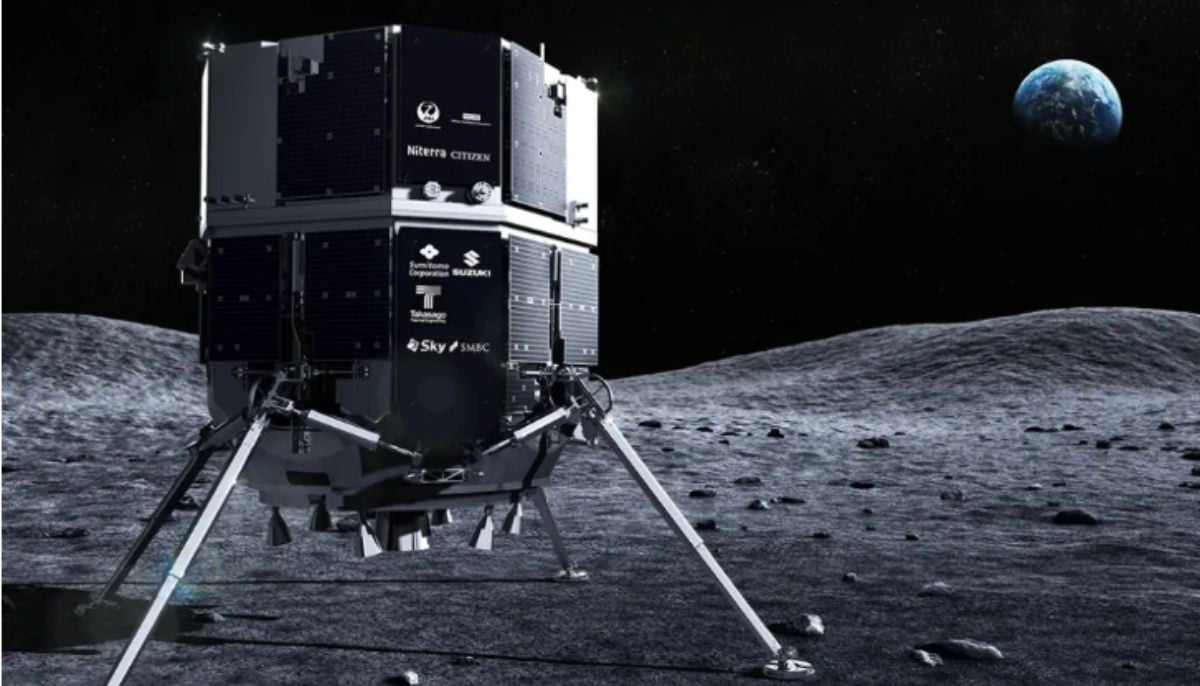Is Google planning to take over computers using artificial intelligence?
Project Jarvis will reportedly only work with a web browser and will be specifically for Chrome
With an increase in use of artificial intelligence in our daily lives, companies are making strenuous efforts to innovate and design new AI models to facilitate netizens and enhance their user experience.
In line with the ongoing AI race, global tech giant Google is working on AI technology capable of taking over computers, The Verge reported citing The Information.
Code-named "Project Jarvis", the AI model, as per Reuters, will be able to take control of a web browser to complete tasks such as research and shopping.
Project Jarvis will reportedly only work with a web browser and will be specifically for Chrome.
The AI tool will take and interpret screenshots followed by clicking buttons or entering text to assist users in automating everyday web-based tasks.
However, the report underscores that Google's plan to reveal Jarvis in December is not final but in fact, is subject to change as the company is reportedly mulling over releasing the AI model to a small number of testers to fine-tune its product and work out any bugs that exist.
The development comes as Microsoft-backed OpenAI also wants its models to conduct research by browsing the web autonomously with the assistance of a "CUA," or a computer-using agent, that can take actions based on its findings.
Also, the Bill Gates-founded company's Copilot Vision will be capable of engaging in conversation with users about the web pages they view.
With companies scrambling to take an edge in the race for AI supremacy, Apple Intelligence is expected to be capable of having awareness of what's present on the screen and carrying out tasks across multiple platforms in future.
-
Archaeologists recreate 3,500-year-old Egyptian perfumes for modern museums
-
Smartphones in orbit? NASA’s Crew-12 and Artemis II missions to use latest mobile tech
-
Rare deep-sea discovery: ‘School bus-size’ phantom jellyfish spotted in Argentina
-
NASA eyes March moon mission launch following test run setbacks
-
February offers 8 must-see sky events including rare eclipse and planet parade
-
New study reveals biodegradable chip aims to reduce e-waste and air pollution
-
Scientists unveil new robotic mission for the moon
-
NASA reschedules Artemis II rehearsal due to Florida arctic outbreak












